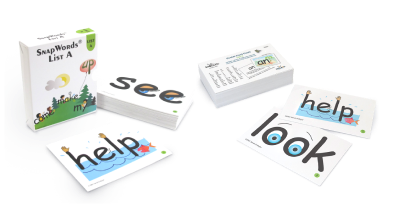Resources
At Child1st, our teaching resources are meticulously designed with the Child's needs at the forefront, embracing a holistic approach that leverages both left and right brain functions to ensure…
Read MoreDo you have a question, success story, comment, or suggestion that you would like to share with us? Use the form below to drop us a note and we will get back to you right away! If you are writing to…
Read MoreDiscover new and free resources that help you better understand the science behind Child1st products and support your student.
Read MoreThe SnapWords® System explicitly teaches essential reading skills within a comprehensive system that is neurodiverse in order to meet the needs of children across the Learning Spectrum. Within the…
Read MoreA letter from our founder, Sarah K. Major, on how Child1st stands out from the rest.
Read MoreDiscover more about the team at Child1st, dedicated to upholding their distinct approach through the delivery of exemplary service and establishing themselves as a reliable ally for both families and…
Read MoreThe Learning Spectrum describes the learning strengths of children based on their natural wiring. It details what is easy for them and what happens when they are under stress. It is illuminating to…
Read More